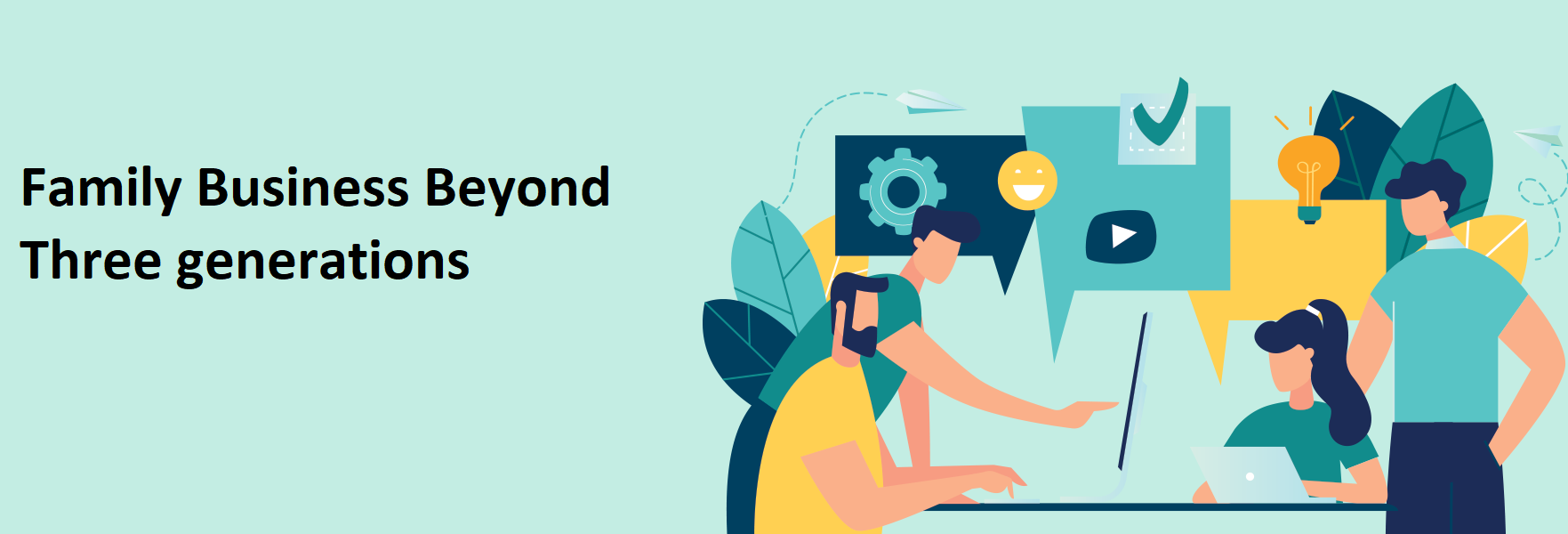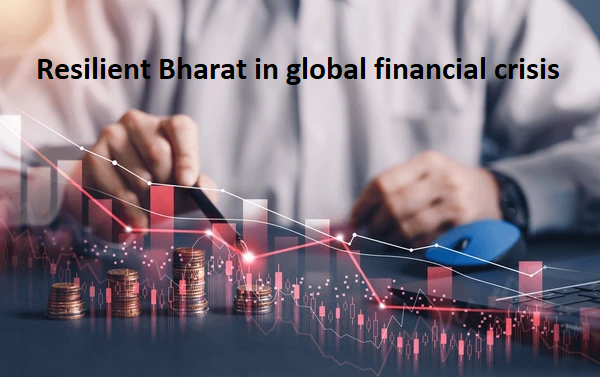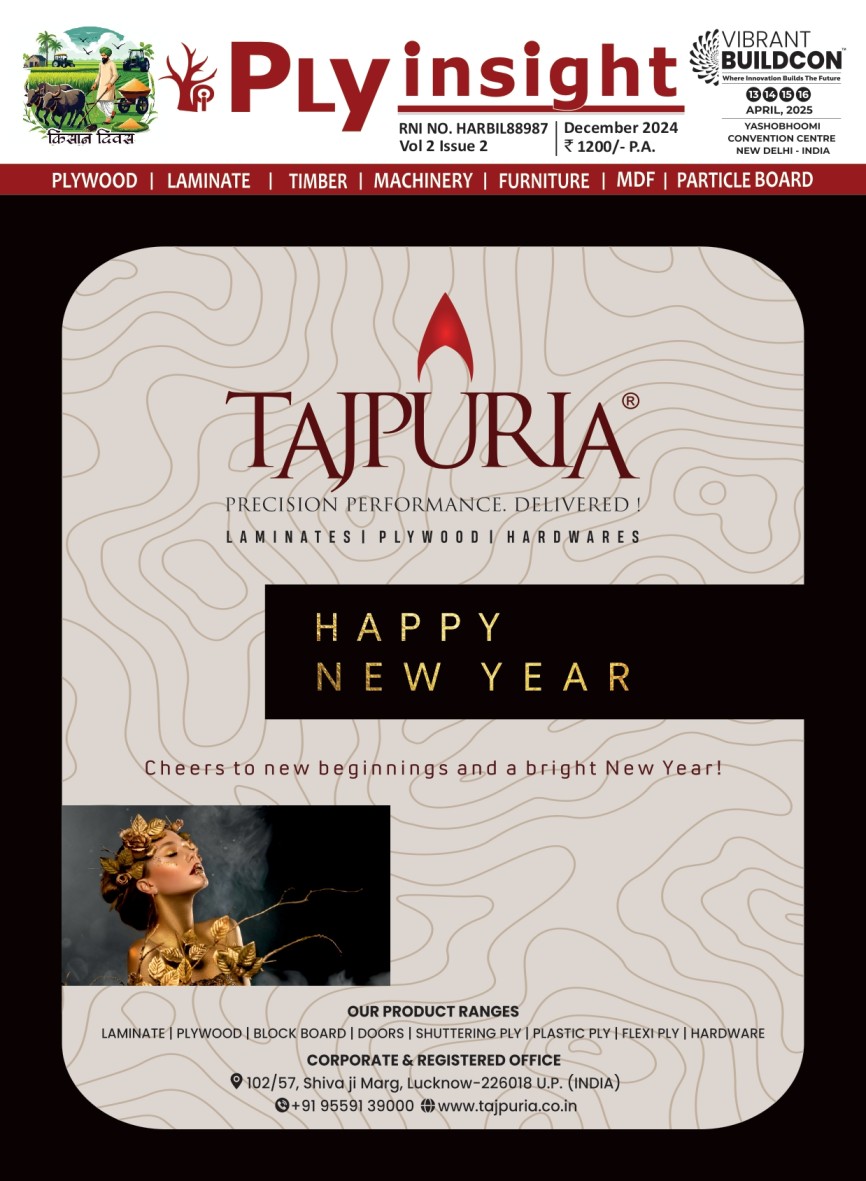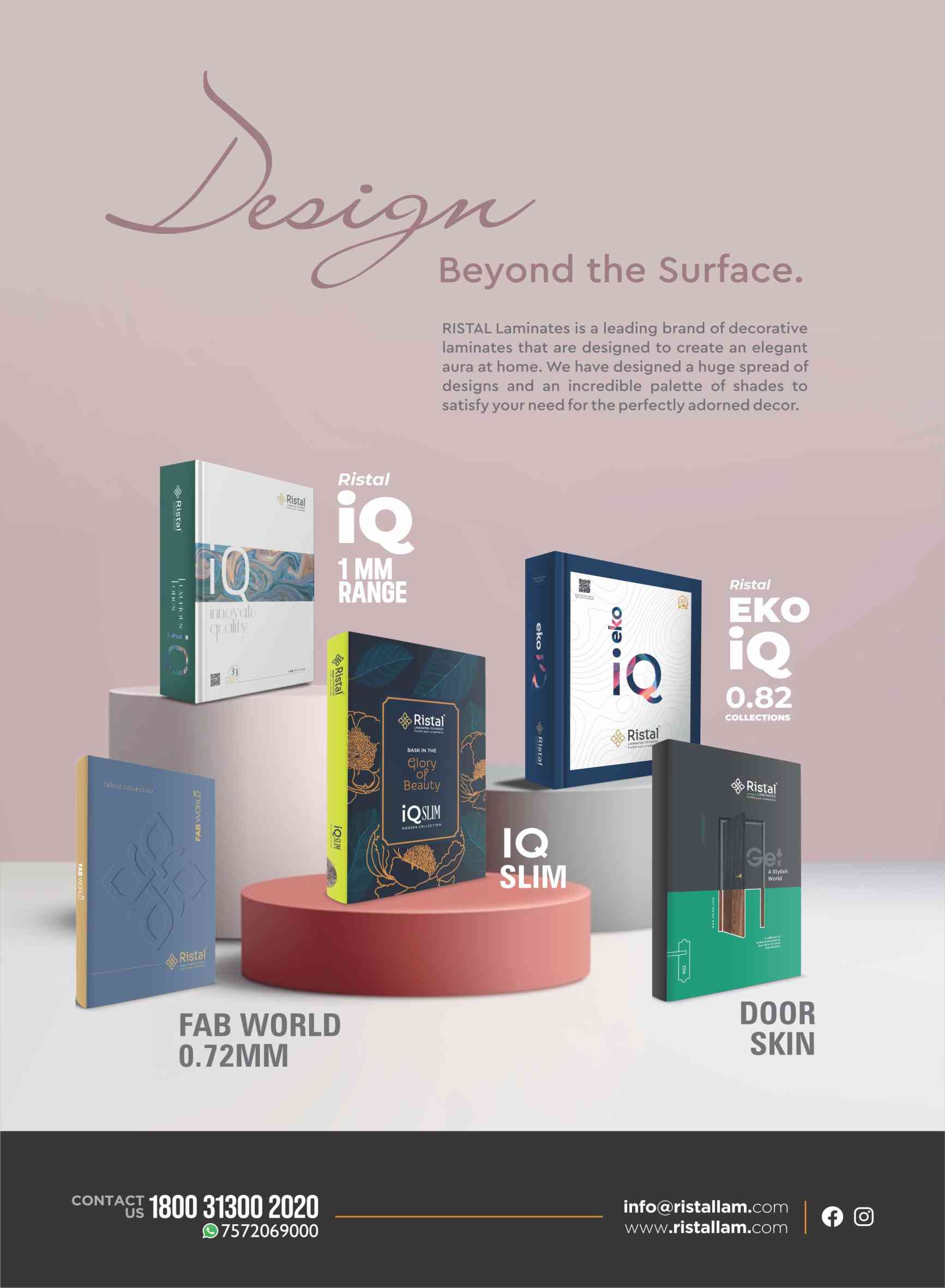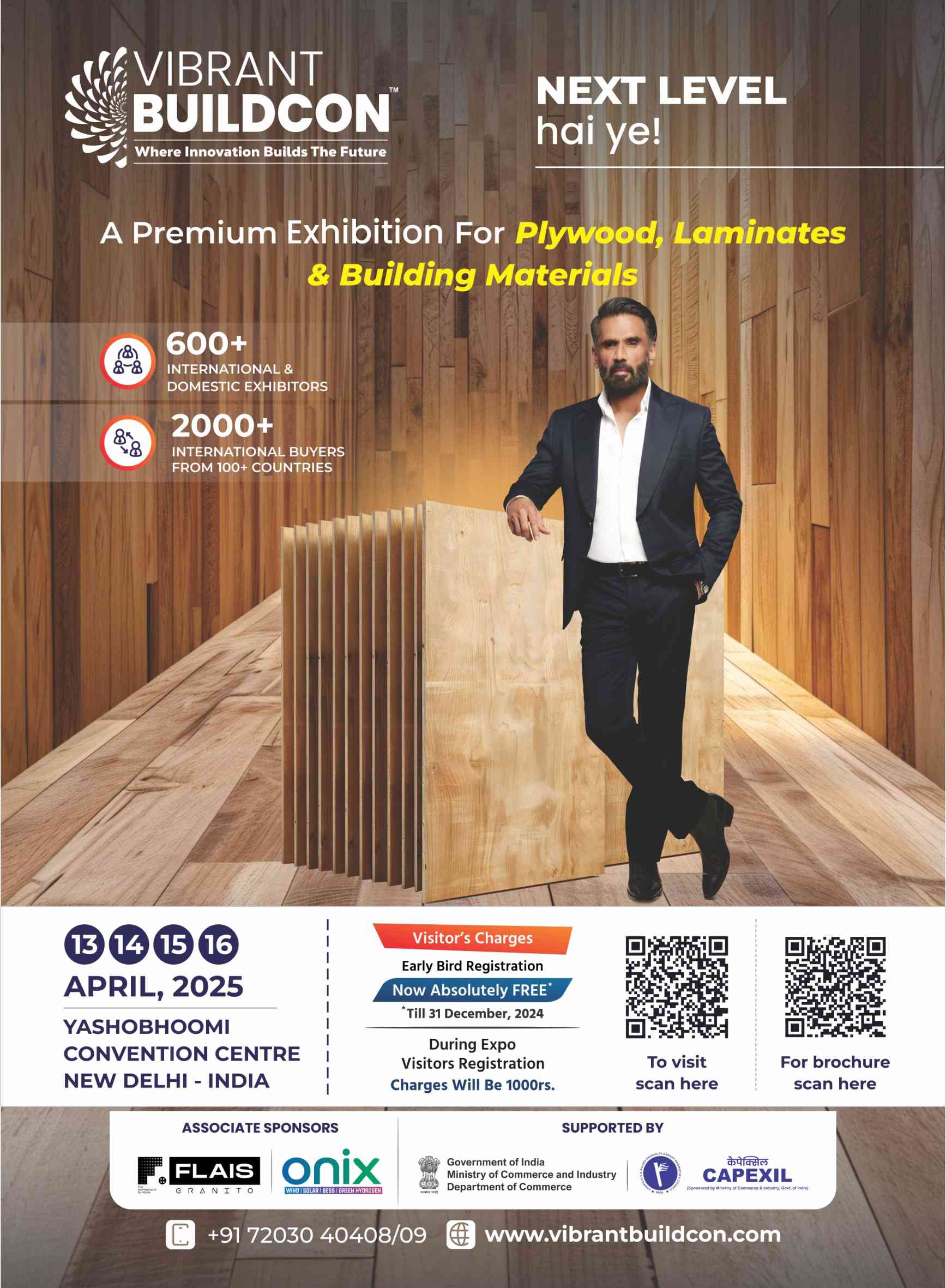
Hyperbolic Discounting and Plantations
- November 13, 2024
- 0
Hyperboling discounting is a time inconsistent model that is one of the cornerstones of economics. In this model, people favor immediate preferences for small rewards that are smaller and available sooner rather than delayed benefits.
People using hyperboling discounting display a strong tendency to make time inconsistent choices. They choose options today which they will perhaps not like in the future, even though they are fully aware of the consequences or rewards receiving in future.
While making any decision, big or small, we all ignore the future generally. We focus on short-term (immediate) benefits without paying enough attention to long-term issues (consequences). However, this is not entirely wrong. Current circumstances affect our profit and loss. Therefore, our working should be naturally determined by controlling this. But in doing so, we ignore our long term self interests as well as others.
We live in a global commons, which involves shared use of natural resources. Many of the problems we face today are because the short-term interests of individuals, which do not necessarily align with the collective good.
Industry needs huge quantities of timber as raw material. We should all be concerned about large-scale tree plantation. But what’ if any/everyone of us think that, how much difference it would make if I alone did not participate?
The Proverb ‘survival of the fittest’ is a narrow viewpoint, though it emphasizes competition, but it rejects reciprocity and cooperation.
In a polarized society, fixing goals becomes even more difficult. We all must have to agree that collective tree plantation is a problem we need to deal with.
To overcome this tragedy, we need collective intelligence. If we cooperate, everyone will prosper. The solution may be mutual pressure, everyone working together, and discover a top-down process.
Take a look at the brakes of our vehicle, which we consider as a slow-down in our speed. In our life, we face many brakes (difficult situations) that slow down and frustrate us.
But what if we see them as our enablers or catalysts? As tools that enable us to take risks and ensure that we can protect ourselves, so that we can take a big leap again.
Without brakes, we can become disoriented or get into an accident in life. Brakes are not just meant to hold us back or tie us down. Instead, they help us move faster than before, so that we can reach our destination quickly and safely.
Shouldn’t we be grateful to god for the brakes provided in our lives?
Suresh Bahety
9050800888
👇 Please Note 👇
Thank you for reading our article!
If you don’t received industries updates, News & our daily articles
please Whatsapp your Wapp No. or V Card on 8278298592, your number will be added in our broadcasting list.



